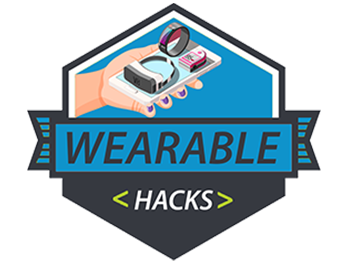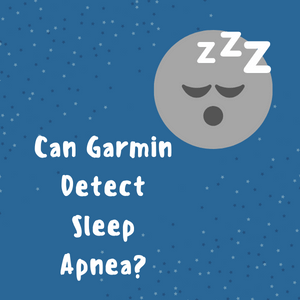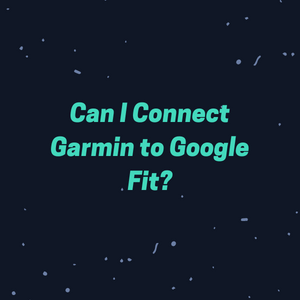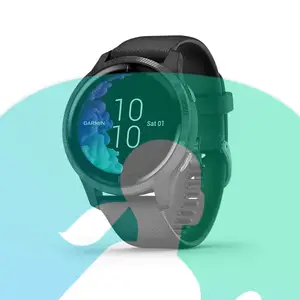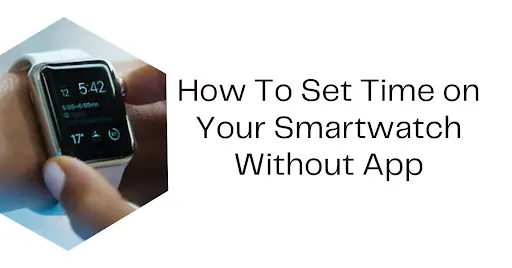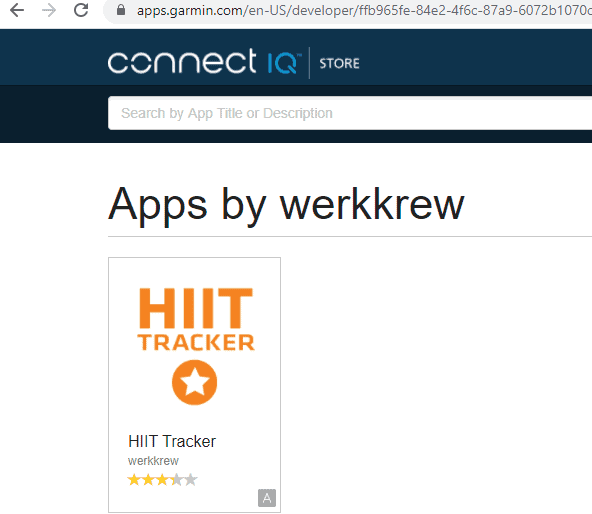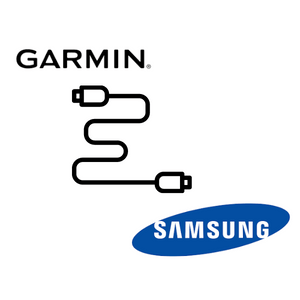Can Garmin Detect Sleep Apnea?
Are you searching for a wearable device to detect sleep apnea? Do you experience signs and symptoms like loud snoring, gasping, or choking during sleep? Look no further than Garmin. It can track various metrics, including heart rate, stress, sleep, and blood oxygen level.
If you update the software of the latest Garmins like Forerunner and Vivoactive, they will detect sleep apnea. They can tell when you are asleep with an accuracy of about 96%.
Early detection of sleep apnea is crucial for effective monitoring and treatment. As a wearable enthusiast who has used Garmin Vivoactive and Garmin Forerunner for two years, I will provide an in-depth review below on whether Garmin can detect sleep apnea.
Can Garmin be used as a diagnostic tool for sleep apnea?
While Garmin’s sleep tracking features can provide insights into a user’s sleep behavior, it is not a diagnostic tool for sleep apnea.
The Advanced Sleep Monitoring (ASM) feature uses motion and heart rate data to detect sleep stages and estimate sleep metrics, but it cannot directly diagnose sleep apnea.
Sleep apnea is typically diagnosed through a medical sleep test, such as polysomnography (PSG). PSG measures various body functions during sleep, including brain activity, eye movements, heart rate, and breathing patterns.
However, Garmin Forerunner and Vivoactive smartwatches can monitor sleep apnea once you update the software. They record and combine your movement with your heart rate data to obtain greater insights into your sleep behavior. This feature may help identify sleep apnea symptoms such as loud snoring, gasping, or choking during sleep.
The Vivosmart 4 also has a built-in pulse oximetry mode to monitor oxygen levels during sleep. Pulse oximetry is crucial for detecting sleep apnea on Garmin.
While these Garmin features can provide helpful sleep information, they should not be used as a substitute for a medical diagnosis.
How accurate is Garmin’s sleep-tracking feature?
Garmin Health experts tested how well Garmin can tell if you’re sleeping or awake by tracking people’s movements and heart rate and comparing them against polysomnography results.
The scientists found that Garmin was pretty good at detecting when people were asleep, with a success rate of 95.8%.
But sometimes, Garmin got confused and thought people were awake when they were actually asleep. It was right about 73.4% of the time when it thought people were awake.
Overall, they found that Garmin is accurate about 69.7% of the time. They used something called Cohen’s kappa value to figure this out, which is just a fancy way of measuring how well two machines or people agree with each other.
It’s important to remember that even the best doctors using PSG don’t always agree when diagnosing sleep apnea. They’re right about 83% of the time, which is pretty good but imperfect. It might not always know when you’re awake, but it’s pretty good at detecting when you’re asleep.
Garmin’s health and wellness features are comprehensive and accurate compared to other wearable smartwatches. Although the competition may have similar features, Garmin’s accuracy in detecting sleep apnea and tracking sleep stages is particularly impressive.
Image source: Garmin
What features can help manage sleep apnea on Garmin?
Garmin has several features that can help manage sleep apnea, including;
Sleep stage detection
The first feature is the ability to detect sleep stages. This feature tracks the different stages of sleep, including light, deep, and REM sleep. By tracking sleep stages, Garmin can give insights into sleep quality and identify disrupted sleep patterns associated with sleep apnea.
Pulse Oximetry monitoring
Garmin’s pulse oximetry sensor measures oxygen saturation levels during sleep, which can indicate if breathing is disrupted. When oxygen levels decrease, it can be a sign of sleep apnea. The Pulse Oximetry sensor can also alert you to potential respiratory issues during sleep.
Body Battery tracking
Garmin also has a Body Battery feature that tracks energy levels throughout the day. The feature uses heart rate variability, stress, and sleep data to give a score that indicates how much energy a person has. By monitoring Body Battery levels, users can adjust their daily routines to reduce stress levels and optimize sleep.
The Garmin Connect app
Garmin Connect is the companion app for Garmin devices. It allows you to track your sleep and view trends over time. The app also provides personalized insights and tips to improve sleep quality, including recommended bedtime and wake-up times.
Factors affecting the accuracy of Garmin’s sleep-tracking feature
While Garmin’s sleep tracking feature can be a helpful tool in detecting sleep apnea, several factors can affect its accuracy.
- The quality of the data collected: When Garmin collects low-quality data, the accuracy of the sleep tracking feature is compromised. The accuracy of the data collected depends on movement during sleep, environmental noise, and skin type. Wearing the watch too loosely or tightly or blocking the sensors can register inaccurate readings.
- Your sleep habits: If you are a restless sleeper who tends to move around often at night, the watch may not accurately detect the different sleep stages. Additionally, taking naps during the day can throw off Garmin’s readings for the night’s sleep. Maintain a consistent sleep schedule and bedtime routine to track your sleep stages accurately.
- Garmin algorithm: Garmin’s sleep tracking feature also relies on algorithms to interpret the data it collects, which means that the accuracy can vary depending on the software used. The algorithms may not be designed to specifically detect sleep apnea, which can lead to false negatives or false positives.
- Your health condition: Some health conditions, like sleep apnea, can make it difficult for the tracker to provide accurate sleep stages. Other conditions, such as restless leg syndrome or chronic pain, can cause disruptions in your sleep, which can impact the accuracy of the data collected.
What Garmin models can I use to detect sleep apnea?
Here are three top fitness trackers from Garmin that can help you detect sleep apnea:
1. Garmin Vivoactive 4
The Garmin Vivoactive 4 is a smartwatch that can detect sleep apnea. It accurately tracks your sleep stages, including deep and light sleep, and provides insights into your sleep quality.
The smartwatch is also equipped with a wrist-based heart rate monitor. It allows you to measure your heart rate variability and detect abnormalities in your breathing patterns during sleep.
Pros
- Accurate sleep tracking
- Wrist-based heart rate monitor
- It can last up to seven days on a single charge
Cons
- It may not be suitable for people with larger wrists
2. Garmin Forerunner 45
Garmin Forerunner is a great smartwatch for fitness enthusiasts who want to track their sleep stages, including detecting sleep apnea.
The Forerunner has built-in GPS and heart rate tracking, allowing you to monitor your fitness activities and get accurate data on your workouts.
However, you may need to update its software before using it.
Pros
- Can detect sleep apnea.
- GPS and heart rate tracking
- Its battery can last up to a week on a single charge
Cons
- Limited app selection
3. Vivosmart 4
The Vivosmart 4 has a slim, stylish design that will look great on the wrist. It’s also comfortable to wear, even during sleep. It can accurately track sleep stages, including light, deep, and REM sleep. This allows for more precise detection of sleep apnea symptoms.
Pros
- It can accurately track sleep stages, including light, deep, and REM sleep
- Measures blood oxygen saturation levels during sleep
- Slim, stylish, and comfortable design
Cons
- No built-in GPS
Conclusion
Garmin is accurate about 69.7% of the time. The smartwatch might not always know when you’re awake, but it’s pretty good at detecting when you’re asleep. They use motion and heart rate data to detect sleep stages and estimate potential sleep apnea.
Did you find this article helpful? Feel free to share your thoughts with me in the comments below.
